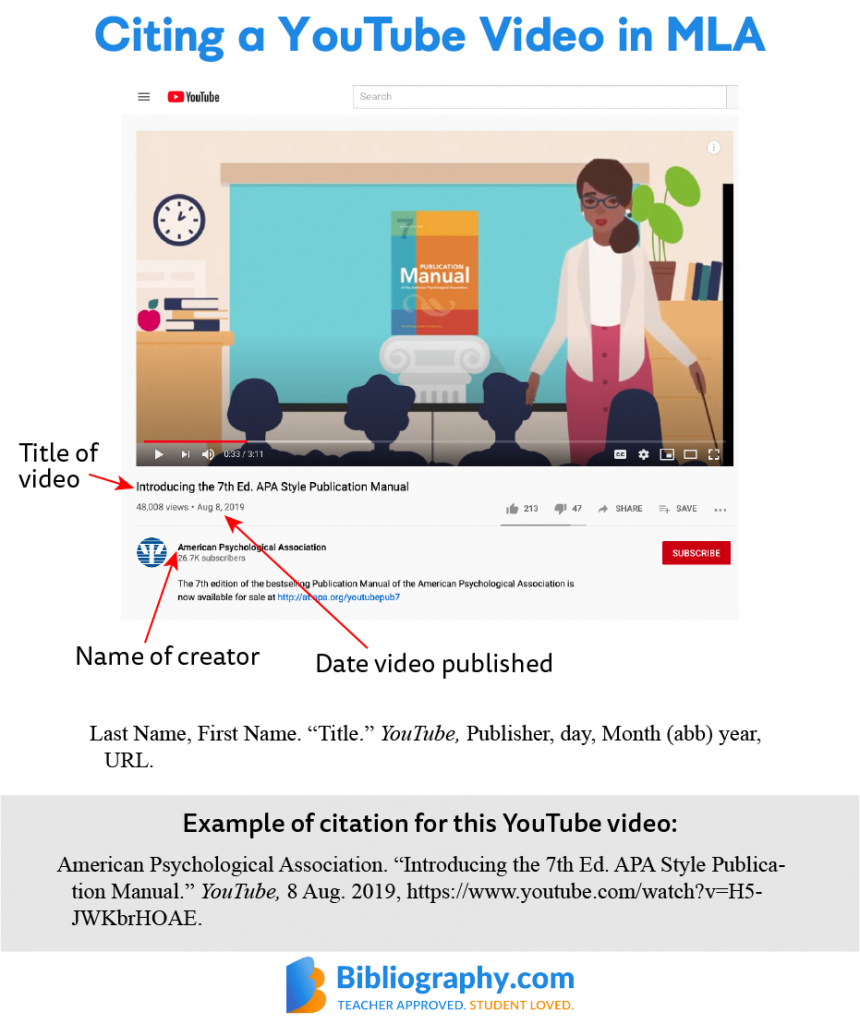How to Become a Notary in Florida
Becoming a notary public in Florida is a straightforward process that requires meeting specific criteria and following the necessary steps. Whether you want to provide notary services as a side hustle or start a full-time business, understanding **Florida notary requirements** and the essential duties of a notary is crucial. This guide will walk you through all aspects of **how to become a notary in Florida** in 2025, taking you through the application process, training, fees, responsibilities, and the benefits that come with it.
Understanding Florida Notary Requirements
The first step in **becoming a notary public** is to familiarize yourself with the **Florida notary requirements**. These requirements include being a legal resident of Florida, at least 18 years old, and having no felony convictions. If you've been convicted of a felony, you must have your civil rights restored. Having a thorough knowledge of the **legal responsibilities of notaries** in Florida will help you ensure compliance and credibility in your practice.
Eligibility Criteria for Notaries in Florida
Before applying, you need to understand the eligibility criteria. Applicants must be a legal resident of Florida, at least 18 years of age, and possess a high school diploma or its equivalent. Additionally, your application will be assessed for any felony charges. To ensure you meet these eligibility criteria, review your personal history and gather necessary documents before starting the process of how to apply to be a notary.
Required Documents for the Application
When applying for a notary commission in Florida, specific documentation is required. These include a completed **notary public application form**, proof of residency, and occasionally, a letter of recommendation from a current notary. Additionally, having an official **notary seal Florida** on hand can significantly streamline the process once your application is approved. It’s essential to check the most current regulations, as requirements may slightly change.
Application Process for Notary Commission
The application process in Florida involves filling out the **notary application Florida**, obtaining a bond, and paying applicable fees. This typically includes seeking out the appropriate **notary bond requirements**, which vary from company to company. Upon successful completion of your application and payment of the non-refundable fee, you'll receive your commission, enabling you to practice as a certified notary. Don't forget to obtain the Florida notary handbook to guide you through your early steps as a notary in Florida.
Notary Training in Florida
Training for becoming a notary public in Florida is essential for all new notaries. Although formal training isn’t mandated, it’s highly suggested for applicants to ensure they are prepared and informed about their role. Participating in **notary training Florida** programs can provide invaluable insights about your responsibilities, handling client communications, and reinforcing **ethical guidelines for notaries**.
Choosing the Right Training Course
With the growth of online education, there are several quality **online notary courses Florida** available to equip you for your new role. Look for courses that provide comprehensive overviews of notarial laws, practical examples, and opportunities for interactive learning. Finally, ensure that the course is recognized by the state to meet **Florida notary education** requirements.
Preparing for the Notary Exam in Florida
If you’re opting for formal training, you may need to pass a notary exam. Preparing for the **Florida notary exam** involves studying the state's notary laws and regulations, understanding how to execute various **notarial acts in Florida**, and recognizing potential legal pitfalls. Taking practice tests or quizzes can help reinforce the concepts learned and increase your confidence for the real exam.
Navigating Notary Fees in Florida
Before diving into your new role, it's vital to understand the **notary fees in Florida** as these can impact your financial planning and pricing strategies. Various fees are involved in the notary process, from the application fees to costs associated with licensing, bonding, and ongoing education.
Understanding Initial and Recurring Fees
The initial costs of becoming a notary usually include the bonding fee, the application fee, as well as costs for your official **notary seal Florida** and supplies. Subsequently, you would need to consider any recurring fees related to renewal or additional training required to keep your skills updated. Ultimately, it’s beneficial to auction your fees transparently to clients to foster trust and professionalism.
Setting Your Notary Service Fees
As you establish your notary services, you’ll need to decide how much to charge. Researching average **notary services Florida** fees in your area and consulting resources such as the Florida Department of State can provide insights into common rates. Keep in mind that your fees should be competitive while reflecting your qualifications and providing value to your clients.
Handling Notarial Functions and Responsibilities
Once you’ve become a notary public, understanding your day-to-day responsibilities is essential, especially when it comes to **notarizing documents in Florida**. Each notary must adhere to certain standards and best practices to maintain reliability and trust.
The Notarization Process in Florida
The **notarization process in Florida** includes verifying the identity of the signers, ensuring they are willing participants, and preparing the documents for signing. It's imperative to log each notarization accurately in your notary journal, documenting the date, type of notarial act, and the signer’s name.
Legal Responsibilities and Ethical Guidelines
All notaries in Florida must abide by the law and observe professional ethics to safeguard their integrity and avoid liability. This encompasses understanding the **Florida notary public law** and committing to uphold the notary public’s ethical standards. Participating in **notary support groups in Florida** may provide mentorship and updated information on how to fulfill these obligations effectively.
Key Takeaways
- Meeting **Florida notary requirements** is crucial for becoming a notary.
- Undergoing **notary training Florida** prepares you for your responsibilities.
- Understanding the **notary fees in Florida** assists with financial planning.
- Adhering to the **notarial process in Florida** ensures legality and accuracy.
FAQ
1. What are the first steps to apply for notary public certification in Florida?
The first step to becoming a notary public in Florida is to ensure you meet the essential **Florida notary requirements**. Once confirmed, you can proceed to obtain necessary documents and submit the **notary application Florida** along with the required fees.
2. Is training necessary for notaries in Florida?
No formal training is mandated, but it is highly encouraged as it equips you with crucial skills in handling various notarial tasks and helps comprehend **Florida notary regulations**.
3. How long does it take to become a notary in Florida?
Typically, the process can take anywhere from a few weeks to a month, depending on the application processing speed and how quickly you complete your notary education and background checks.
4. Can I conduct remote notarizations in Florida?
Yes, Florida allows **becoming a remote notary**, provided you meet the requirements and complete any necessary training on e-notarization. This flexibility opens more opportunities for serving clients who may not be able to meet in person.
5. What are common mistakes made by new notaries?
Common mistakes include failing to understand the **notary signature requirements**, not properly recording transactions in the **notary journal requirements**, and inadequate knowledge of applicable laws. Familiarizing yourself with **best practices for notaries** can minimize these errors immensely.
6. How much can I charge for my notary services in Florida?
The fees you charge should be competitive, typically ranging from $10 to $25 per signature, but you should always check **Florida notary public rights** for guidelines on fees. Your rates may vary based on your location and the complexity of the service provided.
7. Where can I find resources for training as a notary in Florida?
Resources for **notary training Florida** include state-approved educational websites, local community colleges, and legal service organizations. Many notaries also share materials and resources through online platforms to aid newcomers.


